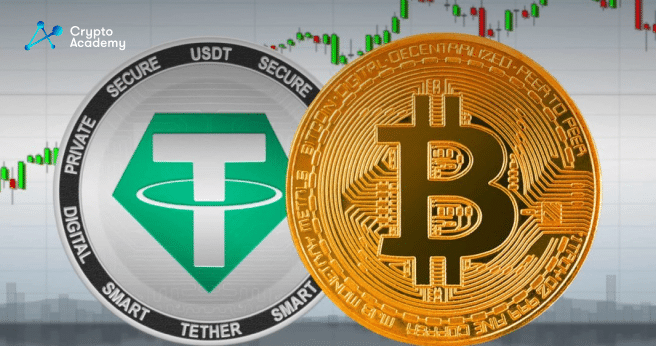Tether Just Axed USDT Support For These 3 Blockchains

Stablecoin giant Tether has recently announced the discontinuation of its support for USDT on three blockchains due to a lack of significant traction. The affected blockchains are Bitcoin’s Omni Layer, Bitcoin Cash’s Simple Ledger Protocol (SLP), and Kusama. This move comes as Tether evaluates the adoption and popularity of different networks to optimize its resources and maintain security.
Community Interest and Adoption: A Key Determinant
Tether’s decision to withdraw USDT support is grounded in community interest and adoption rates. The company believes that a blockchain’s ability to gain traction over time is pivotal in determining whether it remains a viable platform for its stablecoin. A lack of usage indicators and a prolonged absence of recovery in adoption rates prompted Tether to discontinue support on the mentioned blockchains.
The Omni Layer, which served as a smart contract layer built on top of Bitcoin, faced challenges over the years due to the absence of popular tokens and the growing availability of USD₮ on other blockchains. Exchanges and users showed a preference for alternative layers like Ethereum and Tron, causing USDT transfers on Omni to decline further. Despite this, Tether left a door open for potential resurgence, stating that if there’s “increased utilization” of Omni’s decentralized exchange and token issuance protocol, USDT support might be reconsidered.
Embracing New Possibilities with RGB
Tether’s exit from Omni doesn’t signal a complete retreat from Bitcoin-based initiatives. The company now plans to issue USDT on RGB, an innovative smart contracts system that utilizes Bitcoin’s base layer and lightning network. Tether’s confidence in RGB stems from its belief that this approach will bring unparalleled scalability to digital assets, smart contracts, and digital rights. The company expressed optimism, noting substantial industry support for this new direction.
While Tether’s decision has led to the end of USDT mints on the discontinued blockchains, current holders of USDT tokens on these platforms will still have options. They can redeem their tokens for the next 12 months or trade them on exchanges like Bitfinex for assets on other supported chains. This move aims to mitigate potential disruptions for users while they adjust to the changes.

Comments are closed.